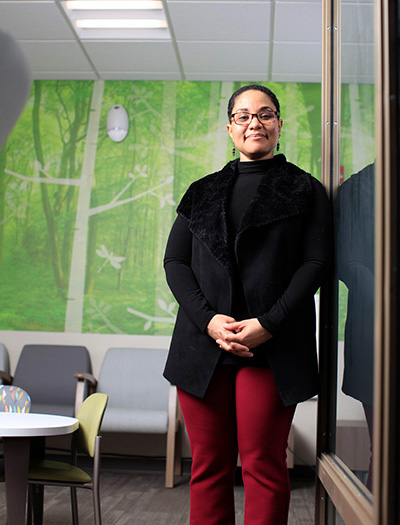About Us

The rate of suicide attempts worldwide has steadily increased for decades. In particular, the rate of suicide among teens and children has risen at an alarming pace. From 2008 to 2018, the suicide rate more than tripled for youth aged five to eleven. In 2020, suicide became the fifth leading cause of death for pre-adolescent children, accounting for 180 deaths in that year alone, and in 2021 the number of suicide deaths rose to 186. This concerning increase indicates a need for research to discover the potential risk factors underlying these behaviors.
Past research has suggested racial disparities. From 1993 to 2012, the overall suicide rate for Black children aged five to eleven years increased significantly, as opposed to the significant decrease found for White children. An age effect was also found, Black pre-adolescent children had a significantly higher rate of suicide compared to White children of the same age, while Black adolescents had a significantly lower suicide rate compared to White adolescents. These findings highlight the importance of investigating the age-specific factors associated with pre-adolescent suicidal behavior and the relationship race may play.
At the Sheftall Lab, we hope to address concerns about youth suicide by investigating the potential risk factors associated with suicidal ideation and behavior. We will also investigate the moderating effects of race and age. Our goal is to support the creation of prevention programs that are developmentally and culturally relevant and appropriate for all youth.


Our research currently focuses on potential neurocognitive, emotional, and familial risk factors for suicidal behavior. Our work is both cross-sectional, looking at differences between children with varying degrees of suicidal behavior, and longitudinal, looking at how those identified risk factors impact suicidal behavior over time.
We hope to expand the scope of our research to include the implementation of non-traditional interventions for adolescents at risk for suicidal behavior as well as the creation of prevention programming for low-resource underserved communities.
Read about our current projects
We are located in the Department of Psychiatry and collaborate with a host of researchers, universities, and organizations across the country.
View Our Team